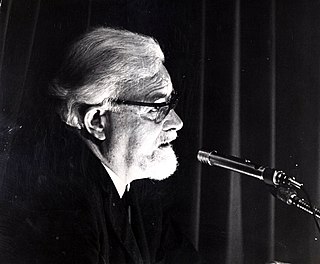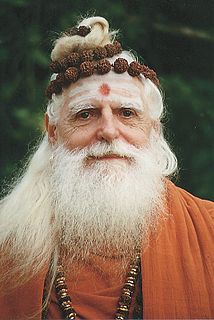A Quote by Eric McCormack
This 'historical record' will exist, flawed as it is, in hundreds of years. What will that tell the future? How accurate are we reporting our lives?
Related Quotes
I think it's very important, and I think that what young people will learn from my experience is that even presidents have to do that and there are consequences when you don't. But I also think that there will be a box score, and there will be that one negative, and then there will be the hundreds and hundreds and hundreds of times when the record will show that I did not abuse my authority as president, that I was truthful with the American people.
As for freedom, it will soon cease to exist in any shape or form. Living will depend upon absolute obedience to a strict set of arrangements, which it will no longer be possible to transgress. The air traveler is not free. In the future, life's passengers will be even less so: they will travel through their lives fastened to their (corporate) seats.
Our nostalgic dreams of perfection thrive just as dangerously in the other direction too, in the imaginary future, that bold and tantalizing future where the troubles of today will be cured by a tomorrow, and all our losses will be recouped, our problems solved, our lives restored, our people made whole again, etc.
In our lives we will encounter many challenges, and tomorrow we face one together. How we accept the challenge and attack the challenge head on is only about us-no one can touch that. If we win or lose this weekend, it will not make a difference in our lives. But why we play and how we play will make a difference in our lives forever.
Ironically, the universities have trained hundreds of thousands of graduates for jobs that soon will not exist. They have trained people to maintain a structure that cannot be maintained. The elite...know only how to feed the beast until it dies. Once it is dead, they will be helpless. Don't expect them to save us. They don't know how....and when it all collapses, when our rotten financial system with its trillions in worthless assets implodes and our imperial wars end in humiliation and defeat, the power elite will be exposed as being as helpless, and as self-deluded as the rest of us
We spend our whole lives worrying about the future, planning for the future, trying to predict the future, as if figuring it out will cushion the blow. But the future is always changing. The future is the home of our deepest fears and wildest hopes. But one thing is certain when it finally reveals itself. The future is never the way we imagined it.
Karma is not fate, for man acts with free will, creating his own destiny. The Vedas tell us, if we sow goodness, we will reap goodness; if we sow evil, we will reap evil. Karma refers to the totality of our actions and their concomitant reactions in this and previous lives, all of which determines our future.
When I think of Camelot, I think of the castle in France where we film, but I think it's wrong to lock it down to one place because it's all part of our imagination. They are legends for a reason. Their stories have endured for hundreds of years and, hopefully, they will for hundreds of years to come.
Over the years I have learned that when I need answers to deal with crises, people, and issues, I must go to God. God will help us in everything we do if we stay in tune and if we will call on him. We must each plan our future with him in our homes, our families, and our relationships with others. If we make him our senior partner, our lives can be successful.
Our philosophy about activity and our attitude about hard work will affect the quality of our lives. What we decide about the rightful ratio of labor to rest will establish a certain work ethic. That work ethic - our attitude about the amount of labor we are willing to commit to future fortune - will determine how substantial or how meager that fortune turns out to be.




































